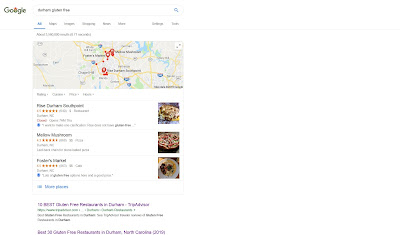Specific Common Sense Health Tips

There are many health tips out there, but I've been reading some lists lately and there are a few that are agreed by everyone, and some that I think are important, but missing. People get plenty of tips for what to do to prevent specific illness, but what about overall health? What's your roadmap? How does a person create a roadmap for staying healthy? How do we maximize quality of life during our brief time on Mother Earth? Today's post tries to address these questions. Let's review the existing collections of tips. Google has surprisingly few results in this area. I'll mention the top 2 results relevant to this topic and then add a gem that I found which can be adapted without much work. https://commonsensehealth.com/common-sense-health-tips-for-healthy-living/ http://eatlocalgrown.com/article/15126-tips-for-a-healthy-life.html A gem that can be adapted: http://www.bestofcareinc.com/common-sense-tips-for-family-caregivers/ The first two are direc



